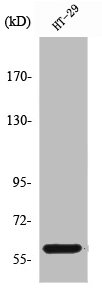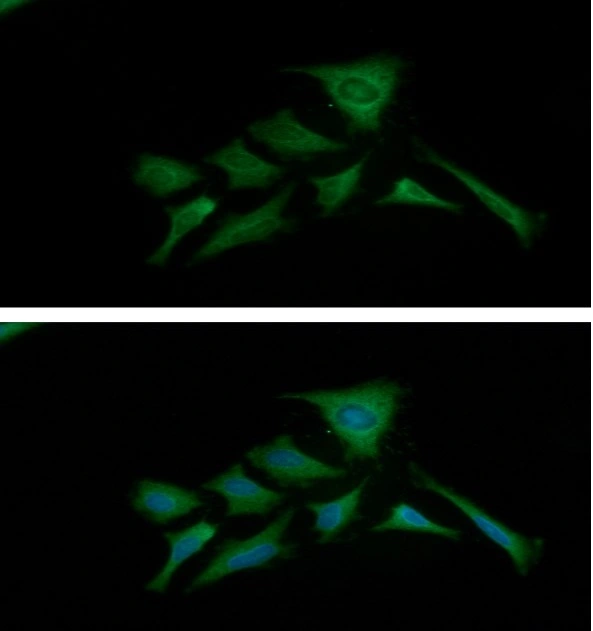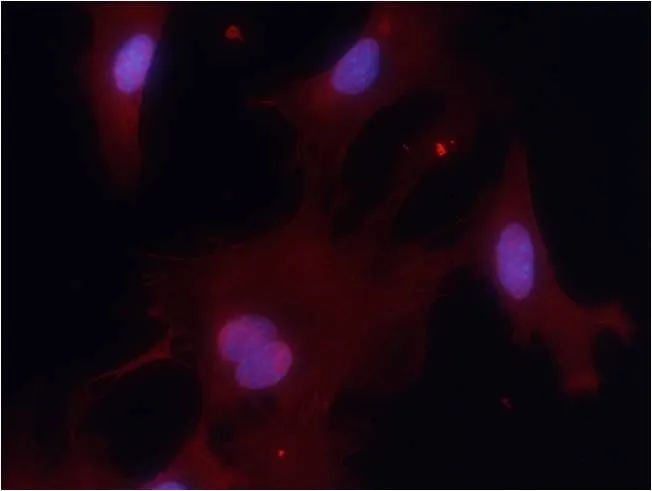PKM antibody
GTX111604
ApplicationsImmunoFluorescence, Western Blot, ImmunoCytoChemistry, ImmunoHistoChemistry, ImmunoHistoChemistry Paraffin
Product group Antibodies
TargetPKM
Overview
- SupplierGeneTex
- Product NamePKM antibody
- Delivery Days Customer9
- Application Supplier NoteWB: 1:1000-1:20000. ICC/IF: 1:100-1:1000. IHC-P: 1:100-1:1000. *Optimal dilutions/concentrations should be determined by the researcher.Not tested in other applications.
- ApplicationsImmunoFluorescence, Western Blot, ImmunoCytoChemistry, ImmunoHistoChemistry, ImmunoHistoChemistry Paraffin
- CertificationResearch Use Only
- ClonalityPolyclonal
- Concentration1.03 mg/ml
- ConjugateUnconjugated
- Gene ID5315
- Target namePKM
- Target descriptionpyruvate kinase M1/2
- Target synonymsCTHBP, HEL-S-30, OIP3, PK3, PKM2, TCB, THBP1, p58, pyruvate kinase PKM, OPA-interacting protein 3, PK, muscle type, cytosolic thyroid hormone-binding protein, epididymis secretory protein Li 30, pyruvate kinase 2/3, pyruvate kinase isozymes M1/M2, pyruvate kinase muscle isozyme, pyruvate kinase, muscle, threonine-protein kinase PKM2, thyroid hormone-binding protein 1, thyroid hormone-binding protein, cytosolic, tumor M2-PK, tyrosine-protein kinase PKM2
- HostRabbit
- IsotypeIgG
- Protein IDP14618
- Protein NamePyruvate kinase PKM
- Scientific DescriptionThe protein encoded by this gene is a pyruvate kinase that catalyzes the production of phosphoenolpyruvate from pyruvate and ATP. This protein has been shown to interact with thyroid hormone, and thus may mediate cellular metabolic effects induced by thyroid hormones. This protein has been found to bind Opa protein, a bacterial outer membrane protein involved in gonococcal adherence to and invasion of human cells, suggesting a role of this protein in bacterial pathogenesis. Three alternatively spliced transcript variants encoding two distinct isoforms have been reported. [provided by RefSeq]
- Storage Instruction-20°C or -80°C,2°C to 8°C
- UNSPSC12352203




